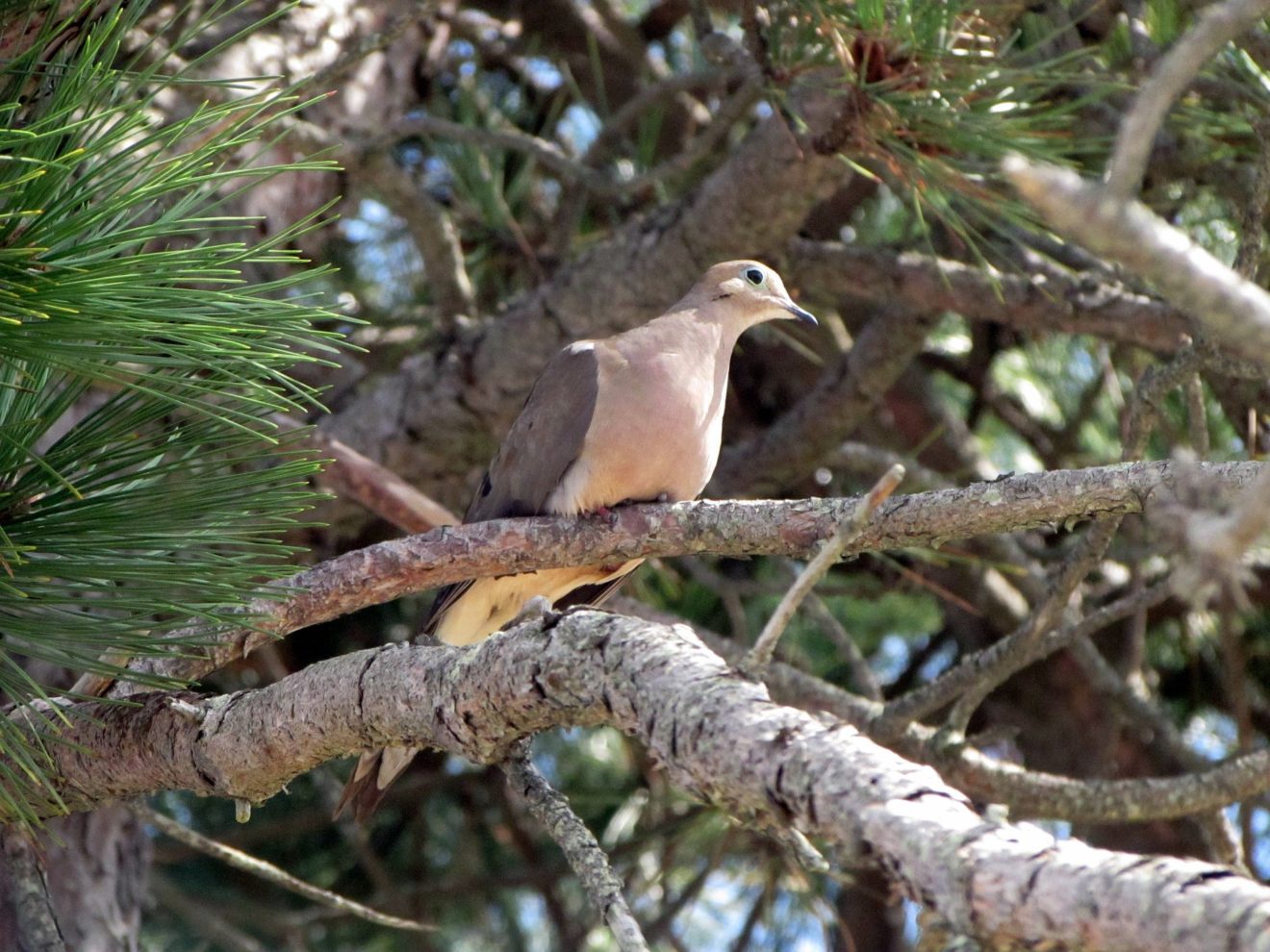Guide to Dove Hunting Laws
As September 1st approaches, hunters across 29 states are preparing for dove season. The mourning dove is the No. 1 game bird in America with more than 700,000 hunters participating each year. Are you prepared for the season?
Mourning dove hunting is legal in 41 states with the closed states including Connecticut, Massachusetts, Maine, Michigan, New Hampshire, New Jersey, New York, Vermont, and Alaska. Several states allow other types of dove hunting, including White-Winged, Eurasian, White-Tipped, and Rock Doves. We have included links to your state regulations on dove hunting at the bottom.
The Migratory Bird Treaty Act protects mourning dove, and hunting is subject to Federal and State regulations. There are several things you need to know before stepping foot in the field.
License
The first thing that you need for dove hunting is your license. Every state requires a valid hunting license with a HIP Certification, if applicable in your state.
From the U.S. Fish & Wildlife Service states the following:
The Migratory Bird Harvest Information Program (HIP) is a method your state wildlife agency and the U.S. Fish & Wildlife Service (USFWS) use to generate reliable estimates of hunting activity and the number of all migratory game birds harvested throughout the country. These estimates give biologists the information they need to make sound decisions concerning hunting seasons, bag limits, and population management.
HIP certification involves a brief survey of the previous year’s migratory-bird-hunting success and is conducted at the time licenses are purchased. Be sure and ask about it when purchasing your license.
Hours
The hours for legal hunting vary by state, but most states allow hunting from one-half hour before sunrise to sunset. Special hours depend on the region or species of dove you are hunting. Make sure that you check the regulations for your state.
Methods
It is illegal to bait doves in all 50 states. You cannot hunt any migratory game bird with the aid of baiting or in any baited area. Baiting means directly placing or indirectly placing grain, seed, or anything that would attract migratory game birds.
- It is illegal to throw out birdseed and hunt nearby.
- “Accidentally” dropping milo near your hunting area is illegal.
- Hunting a feeder is illegal.
It is legal to hunt lands or areas where seeds or grains have been scattered solely as the result of normal agricultural operations, which include normal agricultural harvestings, normal agricultural post-harvest manipulations, or normal agricultural practices.
Bird Handling
Each state has a daily limit that you can take in a single day. If the limit is 15 and you shoot that in the morning, then you cannot hunt anymore for the rest of the day. Additionally, there is a maximum number of birds that you can have in your possession. Typically, this number is three days’ limit, but that can vary. So, if the daily limit is 15 and the total limit is 45, then you cannot have any other birds in your possession. This number includes your friends’ birds. Which leads us to the next topic.
If you place your birds in the custody of another person, then you must tag every bird with your signature, address, number of birds identified by species, and the date you killed them. So, don’t combine your birds for group photos. While this might make for a good picture on social media, it is against the law.
Know the Birds
Not all dove that reside in the United States are game birds; there are some protected species. The Band-tailed Pigeon, Inca Dove, and Common Ground-Dove are all protected species. Other species, like the Eurasian Collared and Rock Dove, do not have any limits in several states. Just be sure that you can identify what dove is in your sights before you go over your daily limit of that species. Also, it is important to note that your daily limit is the total number of birds. So, if your limit is 15 and you have 13 mourning dove and two white wings, you are at your limit.
Wrap Up
A few miscellaneous rules to know: You can only shoot during shooting hours. You cannot hunt during the closed season for migratory game birds. Also, you can’t shoot non-game migratory birds, no matter how much that annoying Killdeer is flying around your head.
If you happen to be one of the few hunters that shoot a banded bird, then be sure and report it at Report Band. Reporting bands helps monitor the migration patterns of the birds and provides a lot of other valuable data to the Patuxent Wildlife Research Center.
Remember that a violation of any state regulation is also a violation of Federal regulations. The last thing you want is to turn a great time with friends into tickets from the game warden.
State Regulations
One last thing before you go. You should know how to field dress your birds, and everyone needs a good recipe:
From the Missouri Department of Conservation
Ingredients:
12 dove breasts
Marinade
3/4 cup lemon juice
3/4 cup soy sauce
3/4 cup vegetable oil
1 tsp. salt
1 onion chopped
2 cloves garlic, chopped
1 T. Worcestershire sauce
Instructions:
Mix marinade ingredients together. Place dove breasts in large pan; add marinade. Cover overnight. Remove doves. Place on grill. Baste with marinade. Cook until done. Serves 4.
Jeremy Mallette is co-founder of International Sportsman. An avid hunter and outdoorsman, he has spent more than a decade in the outdoor industry, from hiking and camping to silencers and hunting. His father taught him to shoot at age six, and he received his first firearm at age eight — a 1942 Colt Commando .38 special revolver. He enjoys yearly trips to Kansas for pheasant hunting, spending time with his children at the deer lease, and collecting unique firearms.






